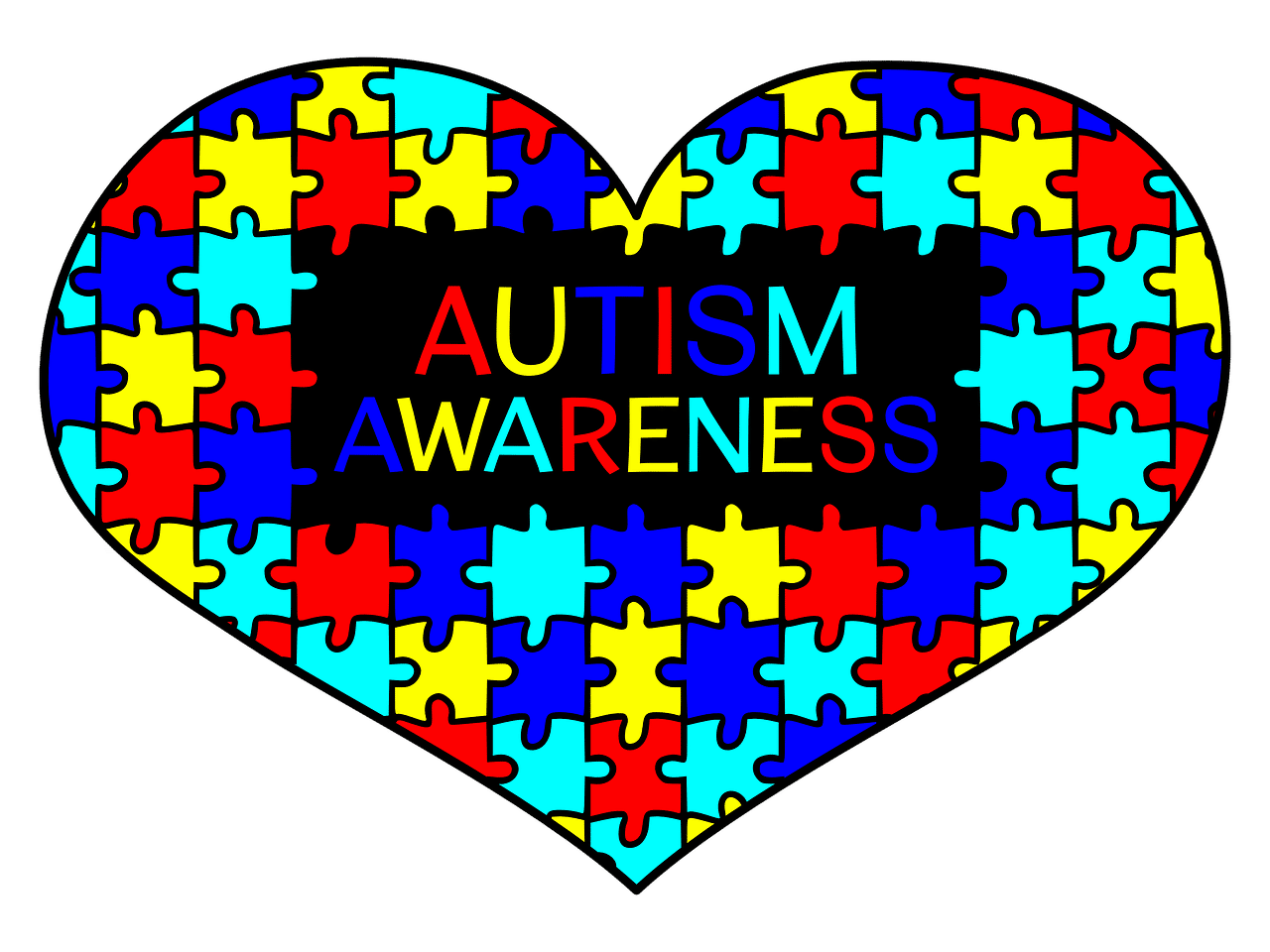Epidural injections are commonly used during pregnancy to induce local anesthesia in the lower back. These injections block the body’s response to labor pains and contractions that the mother experiences during childbirth. It makes the whole delivery and pushing the baby much easier for the mother; however, some reports linked these injections with autism in newborns. This new study conducted by the research team from the Stanford University School of Medicine along with the University of Manitoba finds that there is no such association.
The complete findings of this study are recently published in the journal JAMA Pediatrics, answer the common concerns over the safety levels of epidural injections.
Also read- Spanking Your Kids May Affect Their Brain Growth (New Study)
Dr. Alexander Butwick, from Stanford, is the senior author of this study, according to him, the team didn’t find any genuine base of the increased risk of autism in newborns caused by epidural injections. These results are reassuring for parents to be and physicians confirming that epidurals are a safe choice to make.
Most people know epidurals for miraculous pain relief during childbirth. Within the US alone, nearly 3/4th of women prefer getting an epidural for smooth delivery. Autism spectrum disorder is a developmental disorder that is very common in children. Due to the controversial nature of these epidural injections, some women hesitate to get them, and sometimes even the physicians aren’t sure whether to go for it or not. But having confirmed evidence that these two are not connected in any way will relieve pain for women and satisfy the physician that there is no chance of harm to the newborn.
An anesthetic is injected using a catheter to the area around the spine. Once the epidural is injected, the body blocks the sensation for labor contractions and calms the women, and helps them to be alert. They are exceptionally helpful if the woman has to go through an unplanned or emergency cesarean section. As compared to general anesthesia, this localized anesthesia is better and more safer for the mother and baby.
Last year, a study analyzing childbirths in California showed a possible relation between epidural use and approximately 37% higher risk of autism cases in newborns. However, this study received huge criticism on various grounds such as medical, genetic, social, and financial factors acting upon for autism spectrum disorder in children. Soon after this study was published, researchers from many institutes and organizations agreed that this data was insufficient to make these findings hence the role of epidural and autism in newborns was unidentified till this new study was released.
Also read- Study Explains The Ideal Bedtime Routine For Healthy Children
This new study investigated the use of epidural in newborns in Manitoba and diagnosed later with autism. From 2005 to 2016 a total of 123,175 babies were born who were tracked till the end of observation in 2019. All these children were born to single, through vaginal delivery and 38.2% of them had exposure to epidural injections. In all these children only 2.1% turned out to be autistic in later years, and 1.7% of children, born without an epidural were also diagnosed with autism.
Unlike the previous one, the risk factor i.e. socioeconomic factors, medical history, and complications of pregnancy were much more controlled in this study. Adjusting these risk factors, it turned out that there is not much difference caused by epidural injections in newborns with autism. The cases, in general, are high, no matter if the mother was given an epidural at the time of delivery or not.


